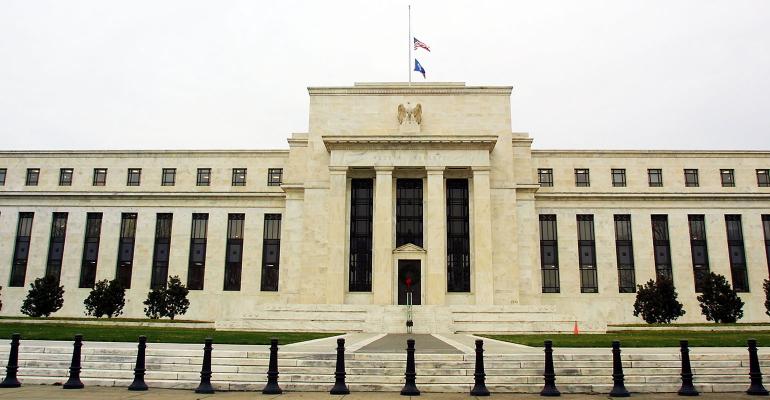Last month, the Federal Reserve announced they were set to start unwinding the fiscal stimulus program unleashed 10 years ago in the wake of the financial crisis, a program that quadrupled its balance sheet by buying treasurys and mortgage-backed securities in an effort to keep interest rates low and boost business investment.
Combined with its planned increases in the Federal Funds rate, it shows economic officials are prepared to wean investors off of easy money policies. That comes at a time when the equity markets are reaching record highs. Some Fed observers suggest that the unprecedented economic policies over the past 10 years have distorted prices and inflated equity markets, while others think the Fed has threaded a needle, and will succeed in bringing down its balance sheet and normalizing rates without undue harm to the economy.
Given the experiments in economic policy are coming to an end, we asked retail-facing financial advisors what they thought of the Fed, and how they are preparing their clients’ portfolios in anticipation of changes. Some 575 advisors, spread across independent broker/dealers, registered investment advisory shops and full-service warehouses participated. Average AUM size for these advisors was around $300 million.

While the majority of advisors admit to being somewhat or extremely concerned about the Federal Reserve’s balance sheet, it’s a muted worry, with half saying they are “somewhat concerned.”

So it makes sense that over half of advisors have adjusted their clients’ portfolios in anticipation of higher interest rates and the end of quantitative easing. When advisors were asked how they’ve changed, most said they have shortened the duration on their bond holdings, while swapping out some bond funds in favor of floating-rate funds and preferred securities in the financial sector.
Only 22 percent of advisors say they have adjusted their clients’ expectations for retirement income given the persistency of lower interest rates.


While less than half believe equities are overvalued because of the Fed’s easy money policies, 62 percent expect the market to be higher at the end of 2018, with most looking for gains between 5 to 10 percent.

Likewise, almost all advisors expect interest rates to be higher for bonds at the end of 2018.

Looking to the future, over half of advisors say they are making no plans to change their clients’ portfolios. Of those who are planning a change, most seem to be moving toward a less risky exposure: Moving away from junk bonds and toward investment grade corporate debt, away from growth equities and towards value-oriented stocks, and reducing their holdings of long-term treasurys.






